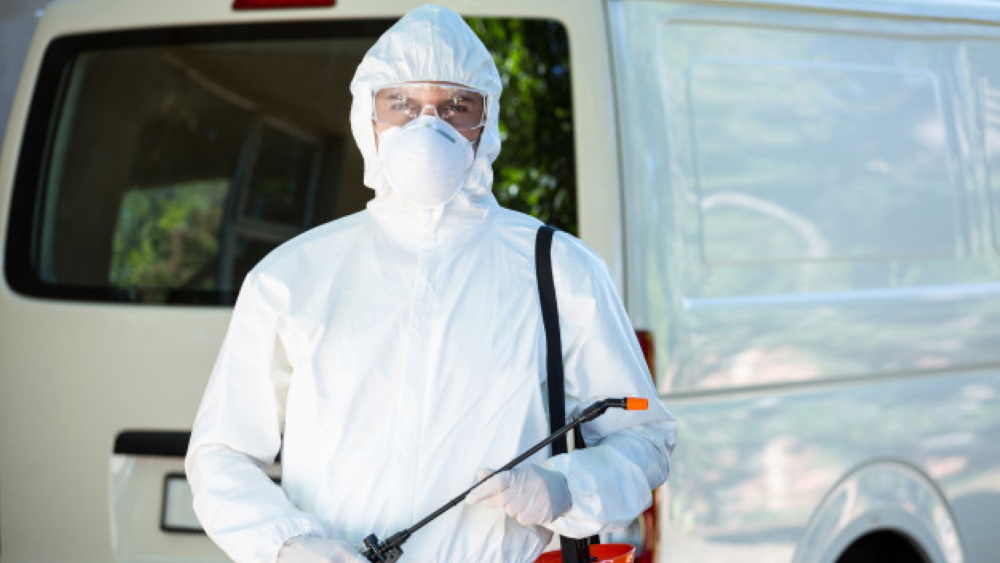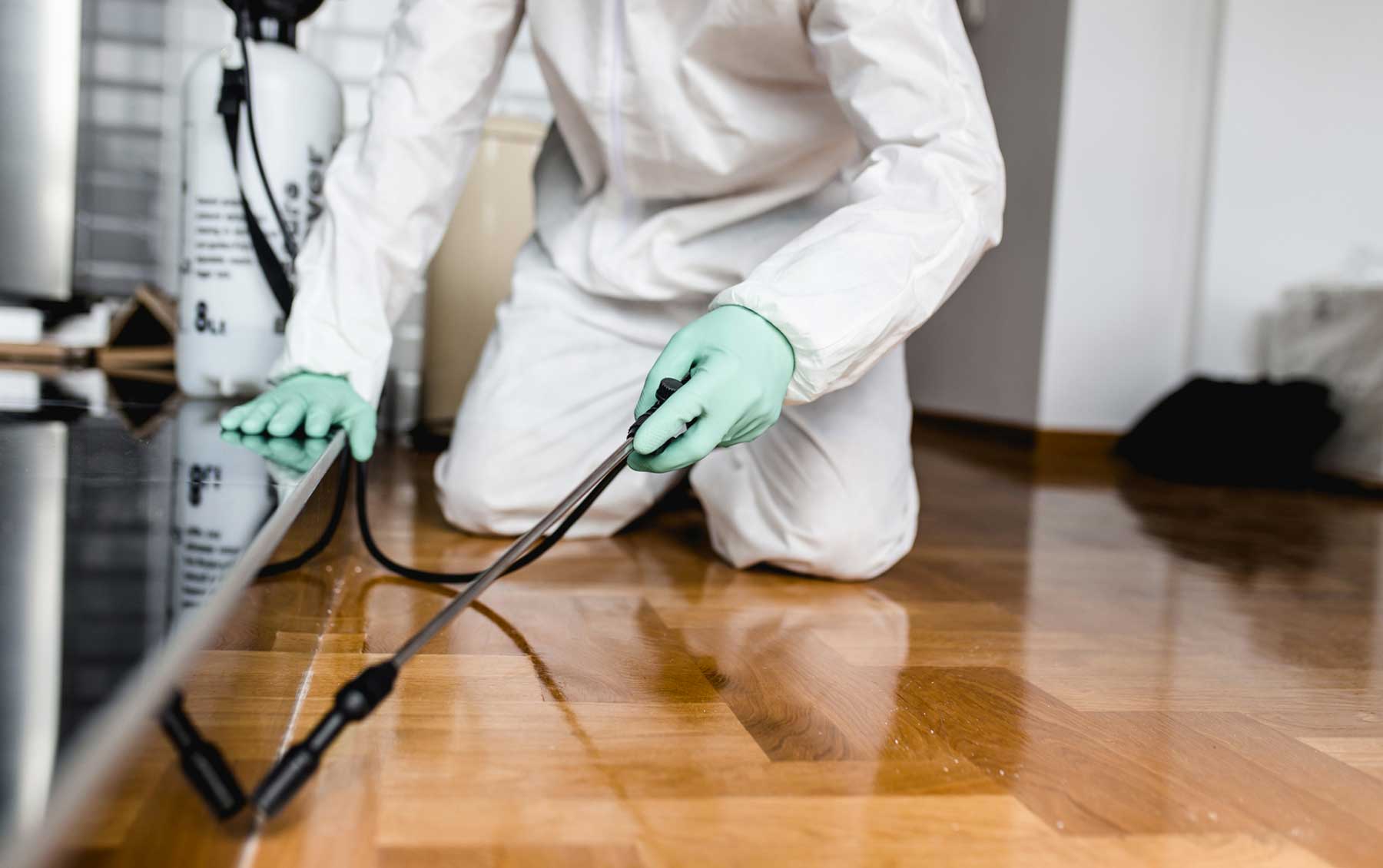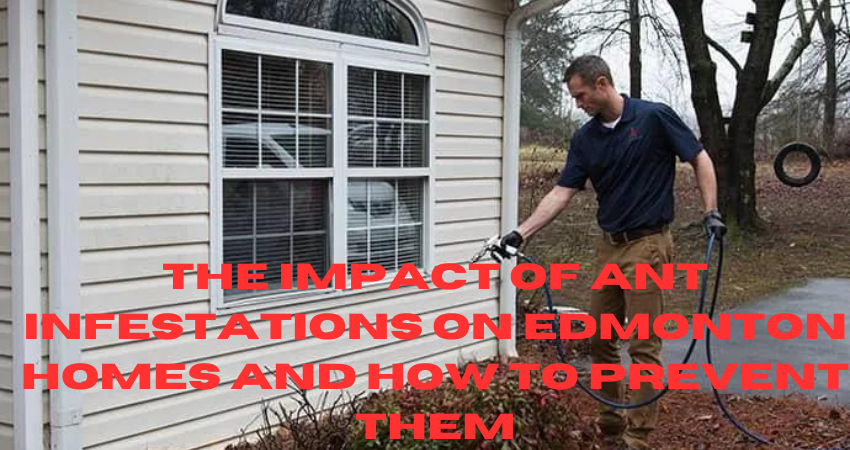Common Myths about Residential Pest Control Debunked
Residential Pest Control
Pests invading homes can be more than just a nuisance; they pose serious health risks and can cause significant property damage if left unchecked. In this comprehensive guide, we’ll explore everything you need to know about residential pest control, from identifying common pests to implementing effective prevention and treatment strategies.
Table of Contents
- Residential Pest Control
- Introduction
- The Dangers of Pests in Homes
- Signs of Pest Infestation
- DIY Methods
- Importance of Professional Services
- Choosing the Right
- Common Bug Control Treatments
- Integrated Pest Management (IPM)
- Seasonal Insect Control Considerations
- Tips for Specific Pests
- Importance of Regular Pest Inspections
- Eco-Friendly Solutions
- Educating Homeowners About Insect Control
- Addressing Challenges in Urban Areas
- FAQs
- Conclusion
Introduction
Pest infestations are a common problem faced by homeowners worldwide. Whether it’s ants invading the kitchen, rodents nesting in the attic, or termites silently damaging the structure of your home, pests can wreak havoc on your living space. Residential pest control involves the management and eradication of unwanted pests to ensure a safe and healthy environment for you and your family.
The Dangers of Pests in Homes
Pests not only cause annoyance but also pose significant health risks to humans and pets. Cockroaches, for example, can trigger asthma and allergies, while rodents carry diseases such as salmonella and leptospirosis. Furthermore, pests like termites and carpenter ants can cause extensive damage to wooden structures, compromising the integrity of your home.
Signs of Pest Infestation
Identifying signs of a pest infestation early is crucial for prompt intervention. Common indicators include droppings, gnaw marks, strange odors, and visible pests themselves. If you notice any of these signs, it’s essential to take action immediately to prevent the infestation from worsening.
DIY Methods
While DIY methods can provide temporary relief from pest problems, they are often not sufficient for long-term pest management. Simple measures like keeping food stored properly, sealing cracks and crevices, and maintaining cleanliness can help prevent pest infestations. Additionally, natural remedies such as vinegar, baking soda, and essential oils can be effective in repelling certain pests.
Importance of Professional Services
For persistent or severe pest infestations, professional intervention may be necessary. Insect control experts have the knowledge, experience, and tools to effectively eliminate pests from your home while minimizing risks to your health and property. Professional services offer peace of mind and ensure thorough and lasting results.
Choosing the Right
When selecting an insect control company, it’s essential to do your research and choose a reputable and trustworthy provider. Consider factors such as licensing, experience, customer reviews, and treatment methods. Asking for recommendations from friends and family can also help you find a reliable insect control company.
Common Bug Control Treatments
Bug control treatments vary depending on the type of pest and the severity of the infestation. Chemical treatments, such as pesticides and insecticides, are commonly used for quick and effective results. However, non-chemical treatments, such as traps, baits, and exclusion methods, offer alternative solutions with fewer environmental and health concerns.
Integrated Pest Management (IPM)
Integrated Pest Management (IPM) is a holistic approach to insect control that emphasizes prevention, monitoring, and control. By combining multiple strategies, including biological control, habitat modification, and cultural practices, IPM aims to reduce reliance on chemical pesticides and minimize environmental impact while effectively managing pests.
Seasonal Insect Control Considerations
Insect control needs may vary throughout the year as different pests become more active during certain seasons. Ants and mosquitoes, for example, are more prevalent in warmer months, while rodents may seek shelter indoors during colder weather. Understanding seasonal pest patterns can help homeowners prepare and implement targeted prevention measures.
Tips for Specific Pests
Different pests require different control strategies. For example, sealing entry points and removing food sources are effective for preventing rodents, while maintaining proper drainage can help deter mosquitoes. Tailoring insect control efforts to specific pests ensures a more targeted and successful approach to bug management.
Importance of Regular Pest Inspections
Regular bug inspections are essential for the early detection of pest problems and the prevention of infestations. Professional pest inspectors can identify potential entry points, nesting sites, and conducive conditions that may attract pests to your home. By scheduling regular inspections, homeowners can address issues promptly and avoid costly damage.
Eco-Friendly Solutions
With growing concerns about the environmental and health impacts of chemical pesticides, many homeowners are turning to eco-friendly Insect control alternatives. Products derived from natural ingredients, such as botanical oils and microbial agents, offer effective solutions without the risks associated with traditional chemical treatments.
Educating Homeowners About Insect Control
Empowering homeowners with knowledge and resources is key to effective pest prevention. Educating residents about common pests, their behaviors, and practical prevention tips can help create a proactive approach to bug management within communities. By working together, homeowners can reduce the risk of pest infestations and create healthier living environments.
Addressing Challenges in Urban Areas
Urban areas present unique challenges for bug control due to higher population density and increased human activity. Effective bug management in urban environments requires collaboration between homeowners, local authorities, and insect control professionals to implement targeted strategies that address specific bug issues in densely populated areas.

FAQs
How often should I schedule pest inspections for my home?
It’s recommended to have annual pest inspections, with more frequent inspections if you’ve had previous bug issues or live in an area prone to specific bugs.
Are DIY insect control methods effective?
While DIY methods can provide temporary relief, professional service providers are often necessary for long-term and severe infestations.
What are the benefits of eco-friendly insect control solutions?
Eco-friendly insect control products offer effective bug management without the risks associated with traditional chemical pesticides, promoting a safer environment for humans and pets.
How can I prevent bugs from entering my home?
Seal cracks and crevices, eliminate food and water sources, and maintain cleanliness to make your home less attractive to bugs.
What should I do if I suspect a pest infestation in my home?
Contact a professional pest control company for a thorough inspection and appropriate treatment recommendations.
Conclusion
Residential pest control is essential for maintaining a safe, healthy, and pest-free home environment. By understanding the dangers of pests, recognizing signs of infestation, and implementing effective prevention and treatment strategies, homeowners can protect their families and properties from the negative impacts of pests.



